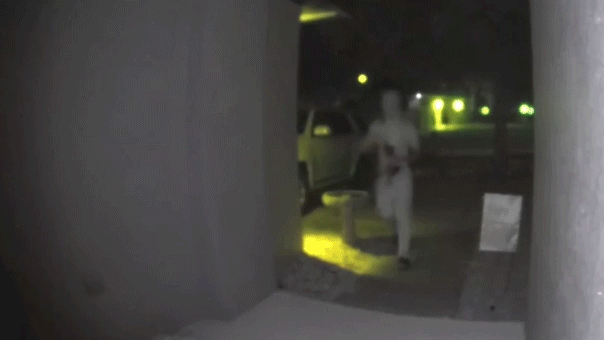
Tesla’s dominance in California—the largest electric vehicle market in the U.S.—is waning.
The $1 trillion company led by Elon Musk posted a seventh consecutive quarter of declines in new vehicle registrations even as major competitors like Toyota and Honda saw robust growth, according to data in the California New Car Dealers Association Q2 Auto Outlook. Year to date, Tesla registrations dropped 18.3% while Honda registrations rose 9.9% and Toyota registrations grew 8.5%, the report shows. Ford saw year to date growth in new registrations of 10.5% and Chevrolet grew a whopping 21%.
The Tesla Model 3 remains a top-selling passenger car in California with a 12.6% market share, but the Toyota Camry is nipping right on its heels at 12.2%, with the Honda Civic close behind at 11.5%.
Californians have long had a love affair with zero-emission vehicles (ZEV) and the state currently holds 19.5% of ZEV registrations compared to the overall U.S. market share of 7.8%. Thousands of Cybertrucks have been registered in the state since they became available, even as registrations dropped to 25th place among alternative powertrains, while the Model Y and the Model 3 hold the top two spots among hybrids, ZEVs, and plug-in hybrid electric vehicles. Tesla this week even opened the Hollywood Tesla Diner, an 24-7 outdoor eatery and supercharging station designed to look like a Drive-In theater that serves up burgers, fried chicken, and Shirley Temples.
However, California carbuyers are being swayed by hybrids. The number of zero-emission vehicle registrations dropped to 45.3% from 53.4% last year, while Chevrolet’s ZEV sales grew 80.5%. Furthermore, Tesla has been subject to protests due to Musk’s affiliation with the President Donald Trump and the Department of Government Efficiency (DOGE) even though he has since gotten out of DOGE and exited his friendship with Trump.
Meanwhile, Trump’s “One Big Beautiful Bill” eliminated a $7,500 federal tax credit for new ZEVs and $4,000 on used vehicles. It will go away permanently on Sept. 30, 2025. Trump claimed eliminating the tax credit was the reason Musk criticized the tax bill, which Musk has denied.
In 2022, the California Advanced Clean Cars II regulation mandated all new cars, trucks, and SUVs in the state be zero-emission by 2035, with a phased-in ramp up. In June, Trump signed a resolution wiping out California’s ability to enforce the rule. California Gov. Gavin Newsom and Attorney General Rob Bonta announced the state sued Trump over the resolution that same day. The fate of the regulation remains subject to the lawsuit.
The gap in performance in EV-friendly California comes as automakers of all stripes are bracing for the blow from tariffs. General Motors announced on Tuesday that while the company beat earnings, second-quarter profits dropped, including a $1.1 billion hit from import taxes.
Tesla reports quarterly earnings on Wednesday following the market close.
Tesla did not immediately respond to a request for comment.















